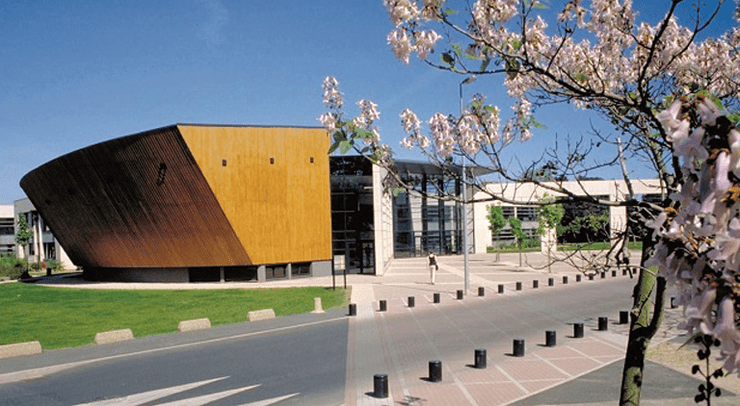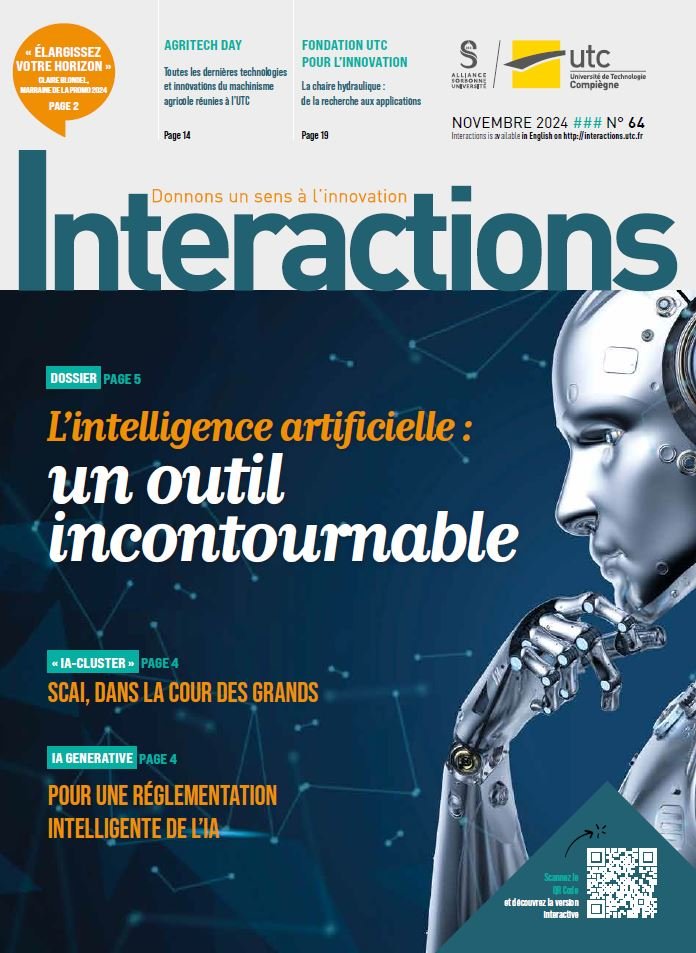UTC-Compiegne / UPMC : creation of the 1st technological pole in France

UTC-Compiegne and the University Pierre and Marie Curie (UPMC – Paris 6)) are engaged in strategic collaboration in terms of teaching, training research, valorisation and technology transfer.
UTC-Compiegne, in this operation becomes an associate member of the PRES Sorbonne Universities, reinforcing its potential for innovation policies, improved visibility, notably on an international level and this is a major challenge that arose as the French Government started restructuring the Universities and research, setting up what they call the “Future campus” programme. In this context, UTC-Compiegne and UPMC started talks to bring their institutions closer in terms of science and research policies, and with the aim to create the 1st university technological and engineering pole in France, under the banner of PRES Sorbonne” indicated Jean-Charles POMEROL, Vice-Chancellor and President of UPMC.
Bridge building between teaching, training and research
The programme will start in the area of research intensive training and will lead to ‘double-degrees’, notably at doctoral level (Bac +8 in France). “In France, technologies are addressed by the Grandes Ecoles (major engineering schools) which is natural, given their role to produce qualified engineers, but we must admit that they do not do enough research work nor produce a reasonable number of doctoral theses. If we look at the ‘universal’ and pluridisciplinary universities, and a good example here is the Massachusetts Institute of Technology (MIT), what we would like to develop with UTC-Compiegne are engineering masters’ degrees associated to the doctorates.”, underscores the Vice–Chancellor and President of UPMC. A wide and adapted choice of specialities would be proposed. Undergraduates doing their degree at UPMC could matriculate at UTC to study, for example, biotechnologies, green chemistry, agro-resources or process engineering … “Student engineers from UTC-Compiegne could enrol for courses in energy engineering at a master’s degree level at UMPC or follow more in-depth courses in mathematics and computer science,” explains Pierre CHARREYON, Vice-Chancellor and President of UTC-Compiegne.
Inducing collaboration between the first two CNRS engineering ‘collegia’
UTC-Compiegne and the CNRS set up the 1st ‘Collegium’ – UTC/CNRS INSIS (cf. Interview of Pierre GUILLON). Their joint objective was to create a dynamic scientific symbiosis, bearing simultaneously on lectures and training, research and industrial innovation. This partnership is in keeping with the policy advocated by each establishment, to develop partnerships, to reinforce their technological research and to improve their visibility and notoriety. The two CNRS engineering Collegia, supported by UTC-Compiegne and UPMC (University Pierre and Marie Curie (Paris 6)), are complete and unique scientific programmes that serve interdisciplinarity throughout the national territory, and will start developing synergies in terms of research work, teaching programmes and innovation. “Another collegium is currently being put together between UPMC and the CNRS (Sorbonne Tech)” indicates Jean-Charles POMEROL. “In this partnership with UTC-Compiegne – which has set up its own collegium with the CNRS — our aim is to seek closer bonds and increased complementary between the two collegia.” Two days of conference have been planned to discuss possibilities in the fields of automats and biological reactors and if we converge, these areas could well start our co-operation in research, even if, as the Vice-Chancellor and President of UTC-Compiegne pointed out “No particular theme has been fully defined to date. The overarching aim is to see our research teams meet, get to know each other and then only we shall be able to envisage setting up joint programmes, notably on a European scale.”
Developing joint valorisation actions
Both establishments are considering setting up a joint Institut Carnot. By doing so, the universities could promote and joint develop valorisation for the research results published by their laboratories and activities in technology transfer. Each establishment will have the possibility to approach the services of the other establishment, for the purpose of tendering for calls for projects or to assure the preparation of dossiers that relates to management of patents, software packages or industrial property trademarks. Such mutual exchanges of “expertise” would be enacted through a SATT (French for a company for accelerated technology transfer) and seed funding to launch market-ready projects as they come out from the UTC-Compiegne Innovation Centre. The agreement will allow the partners to answer for both national and international calls




